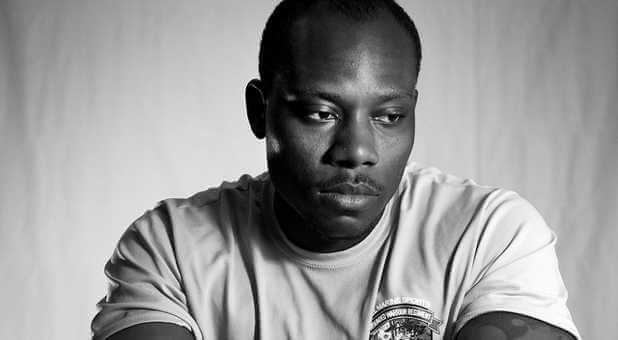“You have what?! How soon before you are back to normal?” In our modern age of quick fixes, high tech and a plethora of pharmaceuticals, people not only don’t understand Post-traumatic Stress Disorder (PTSD), they are often uncomfortable with it and just want others to get over it. But is it curable?
We all wish we had a definitive answer to this question. As the great debate continues, millions—in the U.S. alone—along with all their loved ones struggle with the relentless battles of Post-traumatic Stress. PTSD can affect anyone who has been exposed to a traumatic experience, whether or not they served in the military. Is there hope or not?
A brave young veteran recently shared with me that she deals with PTSD after her time in Iraq, her father suffers following service in Vietnam, and her grandfather still struggles from serving in World War II. He may have been one of many who was locked up in an asylum and tortured with shock treatment “therapy.”
Have we come a long way since then? Absolutely! Do we still have a long way to go? Unequivocally!
The good news is there are many very effective therapies available today, resulting in significant improvements in those with PTSD. In some cases, the symptoms of PTSD appear to completely subside. Numerous variables combine to determine what treatments will benefit individuals and to what degree, and new cutting edge research developments are continually emerging.
The difficult news is no matter how effective the treatment or range of potential recovery, the fact remains that you will never be able to take away the trauma they experienced. The trauma itself can never be erased. Based on that fact alone, the Post-traumatic Stress will never be 100% cured (permanently symptom free).
However, hope lies in the fact that the effects of the trauma can be reduced to the point of no longer completely controlling one’s life 24/7. That is where our efforts as loved ones, caregivers, supporters, therapists and all who care are primarily focused: to help those who struggle to maximally manage the symptoms. We also encourage them to develop as many coping skills and personal support systems as possible.
Personally, I have found the two powerful components of faith and love can truly make a difference. Teaching others to understand what PTSD survivors need is also a huge help.
I recently received a message on our Love Our Vets—PTSD Family Support Facebook page from a loved one about the PTSD not being 100% curable. “I am a fixer, and I can’t fix this! It scares me, especially for all of our loved ones returning from war. I am so very sad for this.”
My reply to her was, “We cannot fix, but we do have hope! There is a lot that can be done to help those with PTSD. I know. I live it!”
Without hope, we cease to thrive, but at the same time, we have to be cautious not to promise a complete cure we cannot fulfil. Here are my thoughts on what can be done, as we offer hope for those who struggle with PTSD and those who love them:
* Accept there is no quick or easy fix.
* Keep an open mind, but proceed with open eyes.
* Be willing to do some hard or uncomfortable work.
* Connect regularly to a good support network.
* Stay current on PTSD therapies, resources and developments.
* Surround yourself with people who care and hold on tightly to those you love.
Welby O’Brien has a master’s degree in counseling from Portland State University and a teaching degree from Biola University. She has been featured as a guest speaker across the country and interviewed on radio and TV. Welby initiated and continues to facilitate the national support network known as Love Our Vets—PTSD Family Support. As the wife of a veteran who suffers from PTSD, O’Brien stumbled alone in the dark for years, desperate for guidance and support. Through her latest book, Love Our Vets: Restoring Hope for Families of Veterans with PTSD, she shares the lifelines of hope that helped her in her own journey with PTSD.
Learn more at www.LoveOurVets.org and on Facebook (LoveOurVetsPtsdFamilySupport)











































